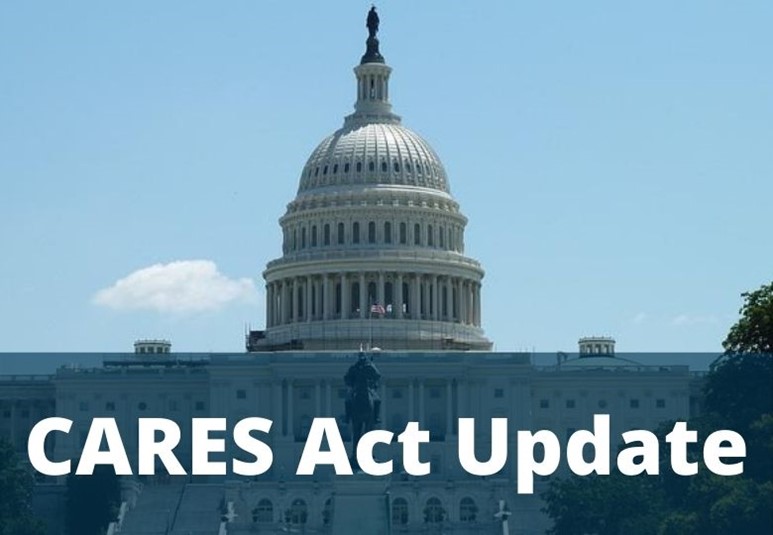
Recently, the IRS released much-awaited guidance related to the CARES Act and retirement savings plans. We wanted to provide an update on two major components of this guidance: the expansion of the definition of a "qualified person" and the provision of a safe harbor for COVID loans where payments have been suspended or delayed.
Qualified Person Definition:
In order to take advantage of the new COVID-19 distribution and loan options, a person must be qualified. When the CARES Act was first passed, a person had to meet one of the conditions below to be qualified:
- They had been diagnosed with COVID-19;
- Their spouse or dependent had been diagnosed with COVID-19; or
- They had experienced adverse financial consequences including being quarantined, being furloughed or laid off, having their work hours reduced, being unable to work due to lack of childcare due to COVID-19, or the closing or reduction of hours of a business owned or operated by them.
The new guidance has expanded the qualification criteria in two significant ways. First, the IRS has expanded the instances that meet "adverse financial consequences" to include:
- Reduction in pay;
- Reduction in self-employment income;
- Withdrawal of a job offer; or
- Delay of a start date.
Second, the IRS expanded the adverse consequences listed above and in the original guidance to include not only the individual, but their spouse or a member of their household. For instance, even if the participant was not directly been impacted, they would now qualify under the CARES Act if their spouse or a member of their household lost their job or had their hours reduced or any of the other adverse financial consequences. The use of the term "member of household" is also very broad and can be construed to mean anyone living with the individual including a partner, boarder, or roommate.
In light of these changes, BlueStar has updated our procedures within our Contact Center and also updated the web notices and documentation provided to participants to accurately reflect the expanded criteria.
Loan Payment Suspension Safe Harbor:
The original CARES Act provided the ability for plan participants to delay loan payments due between March 27, 2020 and December 31, 2020 for up to one year and to adjust all subsequent payments. The IRS received numerous questions regarding this original language. While they indicate various approaches may be considered reasonable, they have issued "safe harbor" guidelines for plans to follow if they wish to know with complete certainty that their approach meets the IRS' standards. The safe harbor approach requires that the Plan:
- Suspend loan repayments no earlier than March 27, 2020;
- Restart loan repayments at the end of the suspension but no later than January 2021;
- Add up to one year to the total duration of the loan; and
- Reamortize at the end of the suspension, adding interest that accrued during a suspension, to create level payments for the remaining term of the loan.
Given that this safe harbor now exists, we are recommending that our plan sponsors conform to it since there are no guarantees that the IRS would evaluate another practice as "reasonable". We will continue to monitor on-going legislative updates and will keep you informed! Given that the COVID-19 situation is continuing to evolve, we do anticipate that these regulations may change again in the coming months. Please contact us if you have any questions about these changes and how they might impact your plan.

